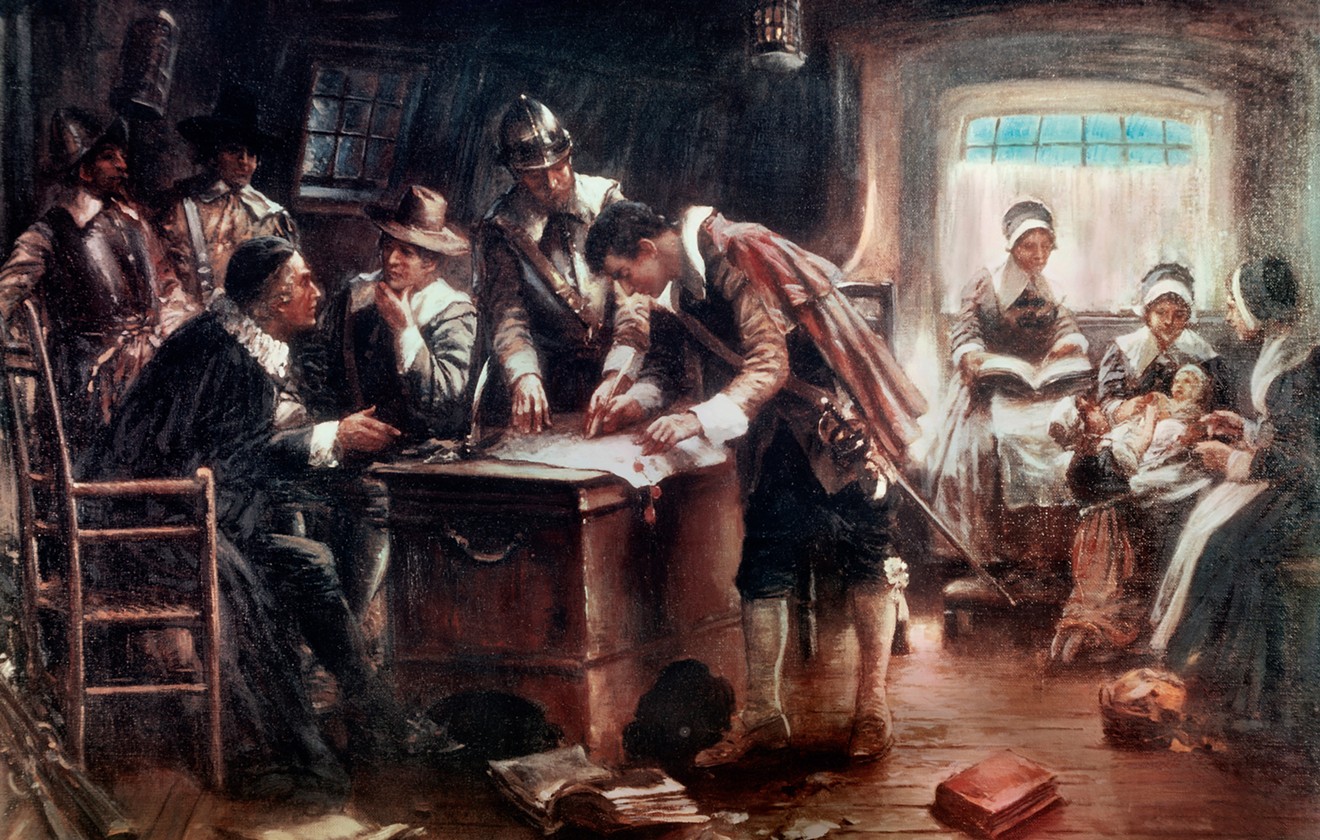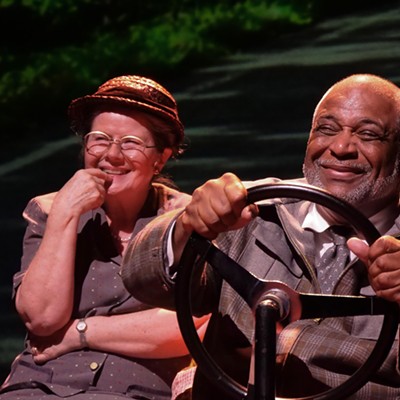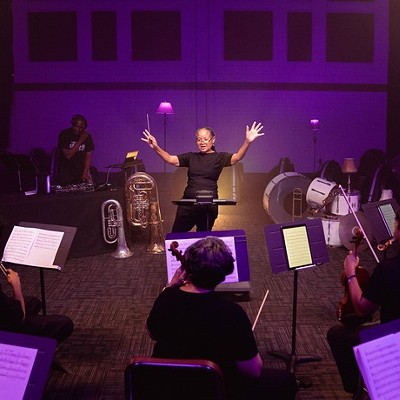The Mayflower: The Families, the Voyage and the Founding of America
By Rebecca Fraser
384 pp.
$29.99
St. Martin’s Press
As children, we all learned the story about the Mayflower, the Pilgrims, and that famous al fresco celebratory fall meal from school history books and the Charlie Brown special The Mayflower Voyagers (which, it turns out, was more accurate and raw than you’d expect from a kid’s cartoon. People die!).
But as Rebecca Frasers’ detailed if somewhat dryly-written account tells, those early years of colonization were more like “Survivor: Plymouth Rock” as the English immigrants fought to survive in a harsh and foreign terrain, maintain a gentle if precarious peace with the Native population, and satisfy both the needs of their God and benefactors Across the Pond.
Fraser’s body of
When the Mayflower set sail from England on Sept. 6, 1620, it carried 102 passengers and 35 crew members. But while the majority of passengers were indeed Puritan Pilgrims leaving religious persecution and the looming threat of imprisonment or death under James I, others were “Adventurers” looking to make their fortunes in the New World. Their agendas were not always in sync.
One myth Fraser blows is that the “Puritans” – whose name today is synonymous with sexual prudery – actually enjoyed getting it on and felt it was a Godly directive, so long as you were married to your partner.
And talk about hard times. While only one of the passengers died on board the Mayflower during transit, another 50 perished within the first three months in the Plymouth Colony due to hunger or disease. The Pilgrims also made some bone-headed moves – like not bringing any corn seed with them on the ship to plant their main food crop. Only when a scouting party “borrowed” some seed from an abandoned Indian encampment did they manage to survive.
There was also enough infighting with religious social, and political overtones as more and more ships came to these shores as the states of Massachusetts and Connecticut were established,
Strategic marriage among the early settlers also played a part, and Fraser notes the particular strength of courage and character with the women of the group. Especially as more and more settlers appeared on the shore and the Native Americans got more and more concerned about their new neighbors to the point where they had to for the first time fence in their farming area – otherwise, the Pilgrim’s livestock would trample and damage their carefully-planted bounty.
Then came King Philip’s War (named for the Wampanoag Indian chief who had adopted an English name) and the bloody massacres and retaliations between the Indians and settlers erupted. Not helping the Natives' efforts were the tribes battling amongs each other for jockeying position and power instead of showing a united front. It was only a matter of time before the guests who came on the Mayflower (which was actually destroyed and sold for scrap in 1624), took over.
Given what has occurred since then, the Indian chief Samoset might have given








